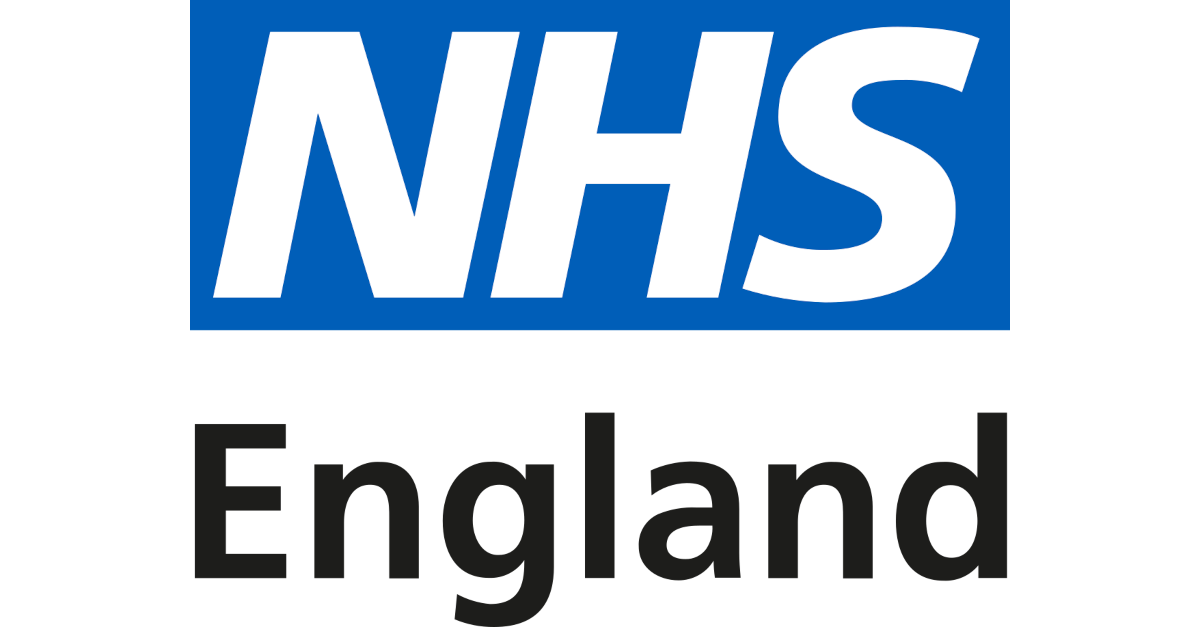This national patient safety alert has been issued by the NHS England National Patient Safety team. It instructs all organisations providing emergency departments and cancer services to take steps to reduce the risk of harm from delayed administration of rasburicase for tumour lysis syndrome (TLS).
All actions should be completed by 9 March 2026.
The issuing of this alert coincides with the publication of new British Society for Haematology guidelines on TLS management.
About this alert
TLS is a life-threatening emergency that can develop when cancer cells break down rapidly, releasing harmful substances into the bloodstream. It requires urgent treatment with rasburicase in high-risk cases, ideally within 1 hour.
Patients are at risk of TLS when they have blood cancers with high tumour burden or fast-growing malignancies, particularly when starting cancer treatment that rapidly destroys cancer cells. The release of harmful cellular contents into the blood stream can overwhelm the body’s normal clearance mechanisms and lead to kidney failure, heart rhythm problems, seizures, and even death.
Rasburicase is a time-critical medication that rapidly converts uric acid released from dying cancer cells into more soluble compounds that can be safely eliminated.
The alert requires NHS organisations providing emergency departments and cancer services to implement specific improvements within 6 months, including updated risk assessment protocols, ensuring medication availability, and addressing operational barriers to timely treatment.
About national patient safety alerts
This alert has been issued as a national patient safety alert.
The NHS England National Patient Safety team was the first national body to be accredited to issue national patient safety alerts by the National Patient Safety Alerting Committee (NaPSAC). All national patient safety alerts are required to meet NaPSAC’s thresholds and standards. These thresholds and standards include working with patients, frontline staff and experts to ensure alerts provide clear, effective actions for safety-critical issues.
NaPSAC requires providers to introduce new systems for planning and coordinating the actions required by any national patient safety alert across their organisation, with executive oversight.
Failure to take the actions required under any national patient safety alert may lead to the Care Quality Commission taking regulatory action. Patient safety alerts are shared rapidly with healthcare providers via the Central Alerting System (CAS).

